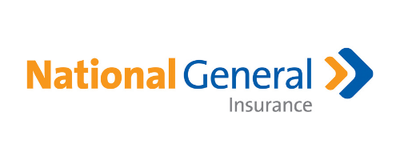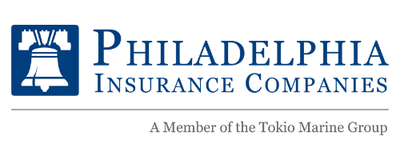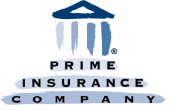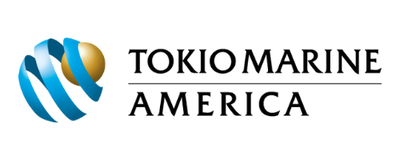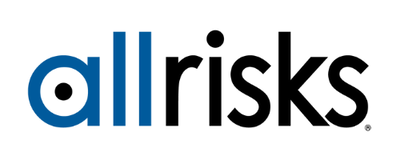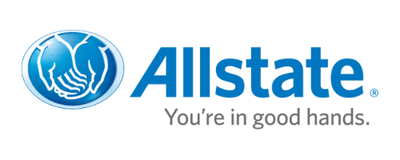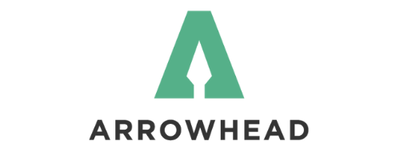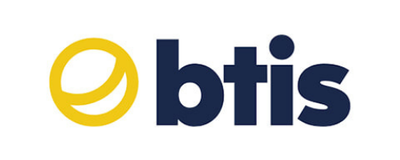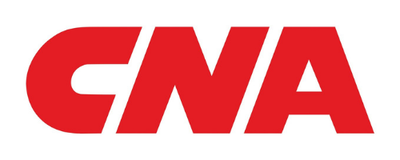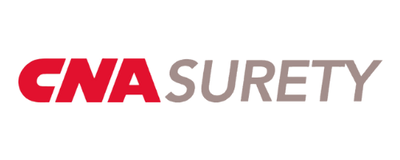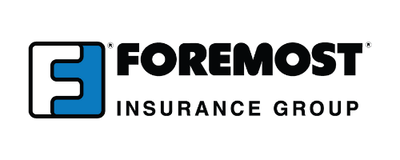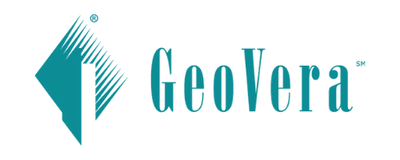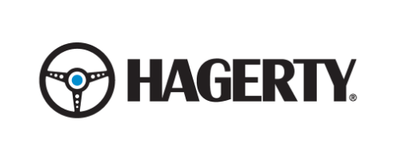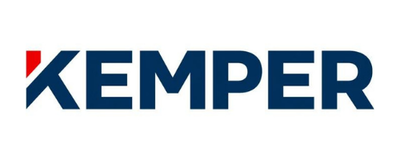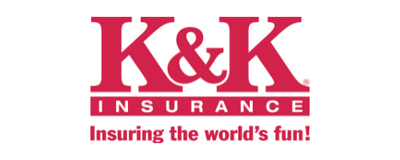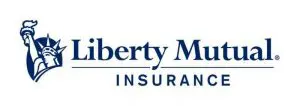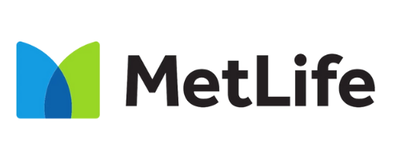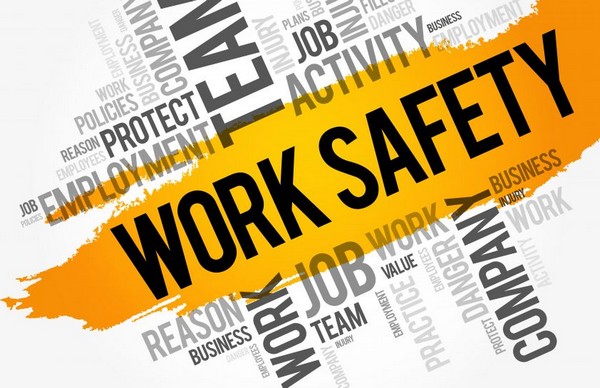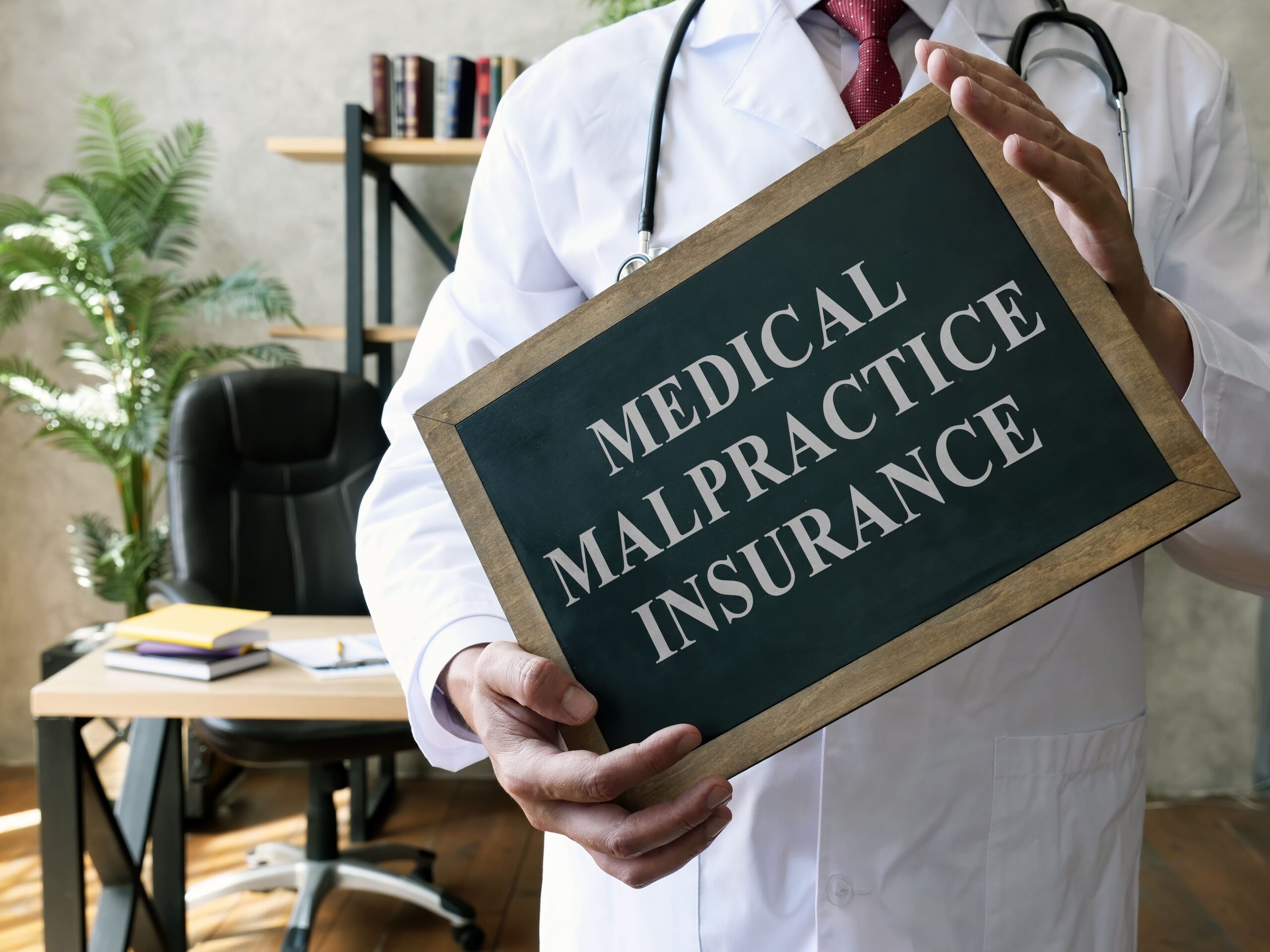Insurance Solutions
How You Want Them
When You Need Them
®
we only partner with the best
See what our clients are saying
Leave us a Review
Can't begin to say how grateful I am for Josh and the UWIB team! They were incredibly fast, responsive and helpful in getting us quotes and new policies when we needed them on the quick — both for commercial and residential! We'll be planning to use them for other needs as they arise.

Casey W.
Client since 2021
Alicia is the best. Always does what she says and follows through. She is a great testimony of how an employee should be. Very knowledgeable too.

Harold R.
Client since 2013
Eric is extremely responsive and diligent. I trust his opinion and support.

Iliana
Client since 2015
Excellent service and attention to detail. UWIB holds their clients' needs in high regard.

Brian B.
Client since 2017
News & Insights
- Published on: April 30, 2025Opinion
The 2030 Insurance Agency: Where Humans and Machines Build Revenue Together
By 2030, the insurance agency benchmark won’t just measure human output — it will reflect the combined power of people and AI. As automation handles the busywork, the real value of your team will lie in strategic thinking, emotional intelligence, and creative problem-solving.Read More - Published on: April 24, 2025Education
Get Ready: Workers’ Comp Rates Are Likely Going Up Across The Country
Brace yourselves, business owners: workers’ compensation insurance rates are on the rise nationwide. While California is anticipating an 11% increase this fall, similar trends are emerging across the country.Read More - Published on: April 21, 2025Education
Essential Insurance Coverages for Contractors
Contractors face a unique set of risks daily, from job site accidents to property damage. Having the right insurance coverage is crucial to protect your business, employees, and clients. Here's a breakdown of essential insurance types every contractor should consider:Read More - Published on: April 9, 2025Education
What Kind of Insurance Does a Coffee Shop Need?
Owning a coffee shop is like living out a cozy dream—pouring lattes, greeting regulars, and building a community. But behind the scenes, it’s also a real business with real risks. From hot coffee spills to equipment breakdowns, a small mishap could lead to a big financial headache. That’s where insurance comes in! Whether you're just opening your first café or expanding your coffee empire, here’s a breakdown of essential insurance coverages to keep your coffee business brewing safelyRead More - Published on: April 4, 2025Education
Why Accountants Need Insurance (Even If Their Math Is Always Right)
As an accountant, your superpower is keeping financial chaos in check. You're the calm in the tax-season storm, the expert clients rely on when numbers just won’t behave. But even the most precise professionals can hit an unexpected snag. That's where accountants' insurance steps in—to make sure one small misstep doesn't turn into a financial disaster.Read More - Published on: April 3, 2025Education
Medical Office Insurance: The Unsung Hero of Your Healthcare Practice
Running a medical office is like juggling scalpels—it's a delicate balance where one slip can lead to a mess. While your focus is on patient care, it's crucial not to overlook the health of your practice itself. That's where medical office insurance comes into play, acting as the safety net for those unforeseen tumbles.Read More - Published on: April 3, 2025Education
What Is Medical Malpractice Insurance and Why Is It Essential?
Medical malpractice insurance is a specialized form of professional liability coverage designed to protect healthcare professionals against claims alleging negligence or errors in patient care. Given the complexities and inherent risks in the medical field, this insurance is crucial for safeguarding both practitioners and their patients.Read More - Published on: April 3, 2025Education
Your Insurance—Simplified: Discover the Power of Our Client Portal
In today’s fast-paced world, time is everything. Whether you're managing a growing business or simply staying on top of your coverage, accessing your insurance information should be simple, secure, and available on your schedule—not ours. That’s why we created our Client Portal, a streamlined, 24/7 hub designed to put you in control of your insurance needs.Read More
© 2024 UWIBRisk All rights reserved.
